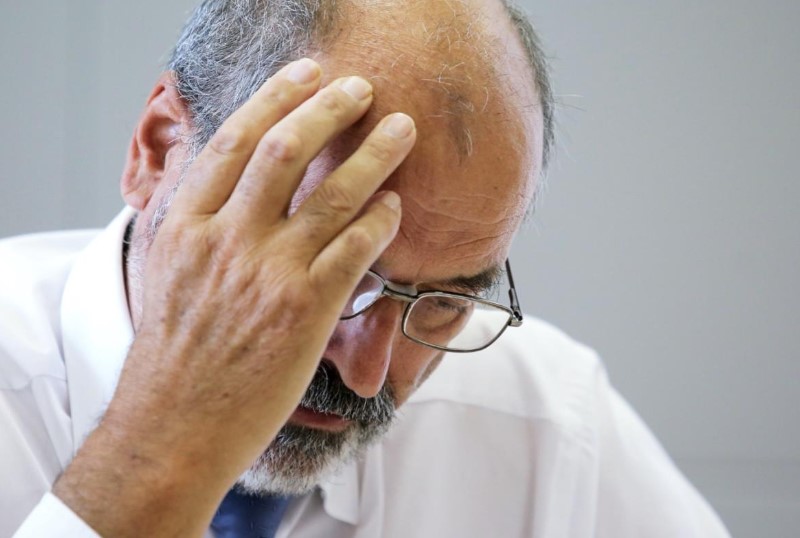“The month of November has brought more changes in the management of state-owned companies,” the Slovenian Press Agency (Slovenska tiskovna agencija – STA) reports, as if Prime Minister Robert Golob had nothing to do with it – can you imagine how a news article like this would have been written during the time of Janez Janša’s government? There would have been no end to the bombastic headlines; it would have felt as if the world was about to end. But apparently, personnel changes come and go with the months of the year, just like the credibility of the Slovenian Press Agency itself. A change of leadership is not expected there, though. Namely, the Slovenian Press Agency is headed by Igor Kadunc, former Director-General of the national media outlet Radio-Television Slovenia, and one of the media darlings of the left.
The operation can be described without exaggeration as: the pact-making of the “independent” institution with Golob’s regime. We could also say that this is a deliberate cover-up of the source of the changes and the presentation of personnel changes as a normal phenomenon of government management, while under another government, the same information would be used as a weapon of class and cultural struggle. All of this is in the name of independence and objectivity, right?
The Slovenian Press Agency further reports that the new CEO of the Gen energija company (Gen Energy), the umbrella company of the Gen group, Dejan Paravan, and the new CEO of Dravske elektrarne Maribor (Drava Power Plants Maribor), which are part of the Holding Slovenske elektrarne – HSE (Slovenian Power Plants Holding) Damjan Seme, have both started their mandates in both energy pillars. Marko Cegnar has taken up his duties as the new head of the Post of Slovenia, too. Paravan has already held several management positions in the Gen Group, most recently as a member of the management board of the electricity and gas trader Gen-I. He succeeded Blaž Košorok in his new position. Seme took over the management of the country’s largest producer of electricity from renewable sources from Aleksander Brunčko and had already been part of the management team before that, and Cegnar succeeded Tomaž Kokot at the helm of the Post of Slovenia. According to the Press Agency, Kokot’s management was subject to numerous criticisms, and the new supervisory board eventually dismissed him on business and economic grounds.
Of course, like the Slovenian Press Agency, the other dominant media outlets that are sympathetic to the “anti-Janšaism,” report similarly on this topic. For example, the 24ur web portal wrote in September that the Golob government “intervened in the Janša personnel tsunami and made some very important changes.” They added that “after a whole series of political appointments by the previous government of Janez Janša, the new government is facing a personnel challenge.” “Just like every other government so far, Golob’s coalition will make the most urgent replacements at its first session, on the 3rd of June already,” the Večer newspaper wrote at the time, while the Delo newspaper reported that Golob would start to systematise jobs. Can this kind of reporting even be called objective or neutral? The mass media form their own media discourse, which should be expressed primarily in the information function of the media – unless it is not. In fact, our mainstream media more often use political discourse that expresses adherence to a particular ideology or political group. However, this would not necessarily be a problem, but only if readers, listeners and viewers were also alerted to it.
Sara Kovač


